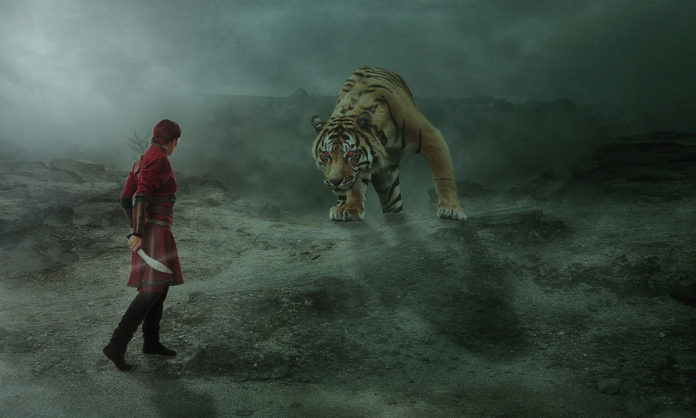
In a guest post on Jane Friedman’s blog, Ken Brosky says writers often fail because they go too easy on their protagonists.
In Story, Robert McKee says that “a Protagonist and his story can only be as intellectually fascinating and emotionally compelling as the forces of antagonism make them.” This advice can be difficult to absorb because writers are taught that character development is more important than anything.
But, just as we need a broader concept of story, we also need to expand our ideas of antagonism. “Think about antagonism as any force that pushes back against your hero,” Brosky says. “Anything that gets in your hero’s way—whether it’s external or internal—is an antagonist. Audiences don’t want their hero to spend six chapters relaxing.”
Your protagonist might be opposed by other characters, but nature, technology, and their own flaws are also prime sources of antagonism. “So here’s the most important point: direct your energy to the negative side of your story,” Brosky says. “Your audience won’t remember the chapter where your hero sits down and has a nice, relaxing dinner. Your audience will remember the forces of antagonism, and how your hero reacted.”











